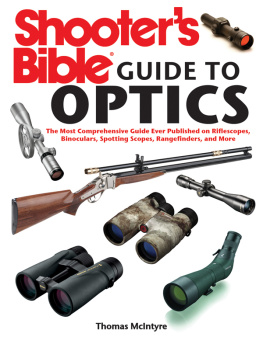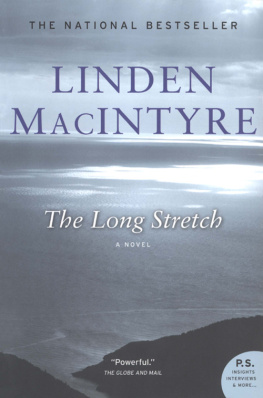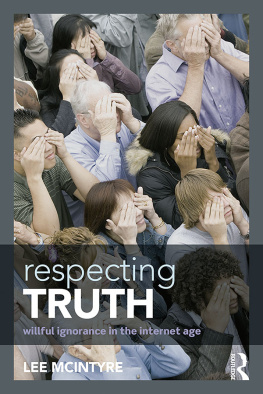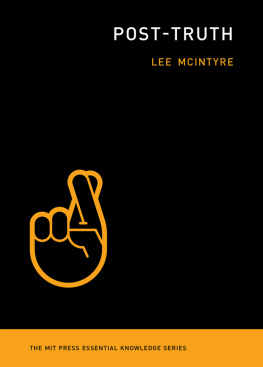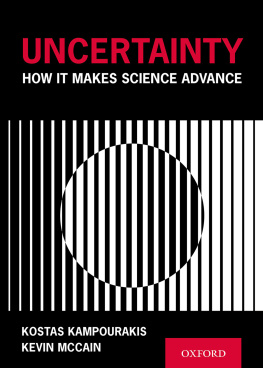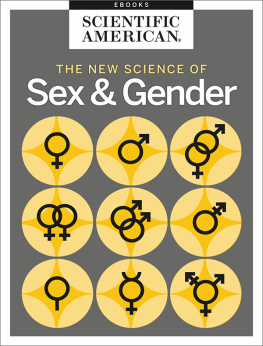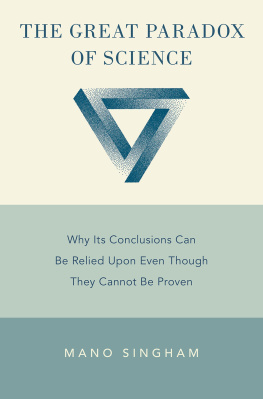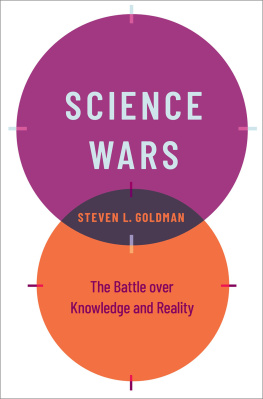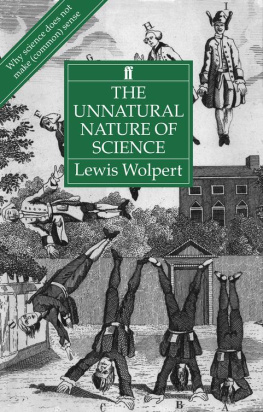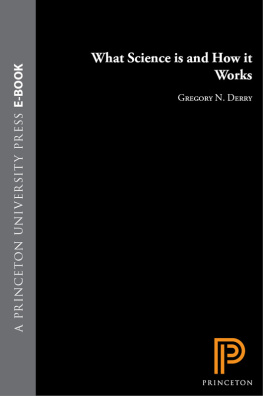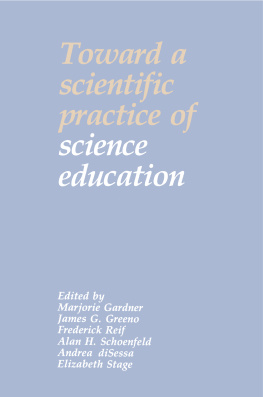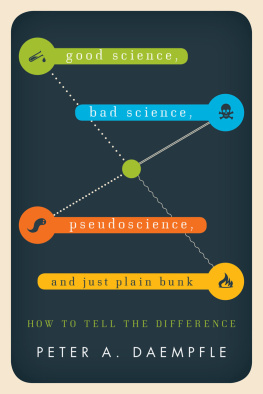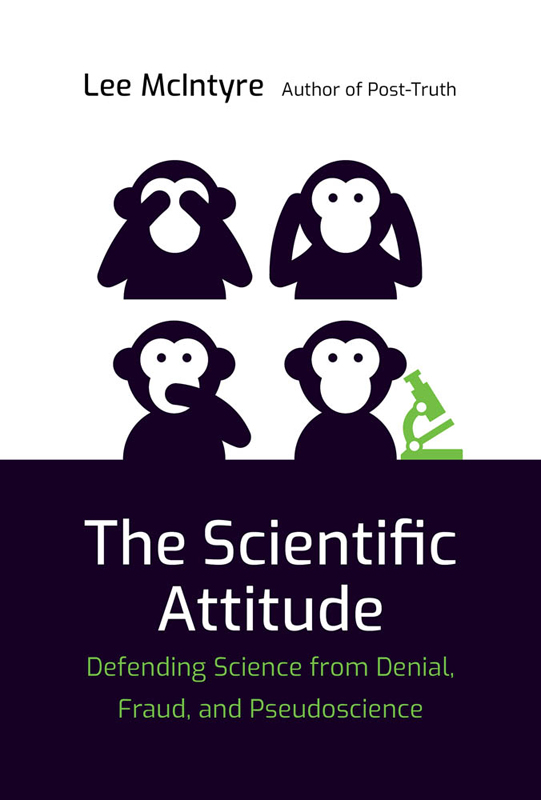The Scientific Attitude
Defending Science from Denial, Fraud, and Pseudoscience
Lee McIntyre
The MIT Press
Cambridge, Massachusetts
London, England
2019 Massachusetts Institute of Technology
All rights reserved. No part of this book may be reproduced in any form by any electronic or mechanical means (including photocopying, recording, or information storage and retrieval) without permission in writing from the publisher.
This book was set in Stone Serif by Westchester Publishing Services. Printed and bound in the United States of America.
Library of Congress Cataloging-in-Publication Data
Names: McIntyre, Lee C., author.
Title: The scientific attitude : defending science from denial, fraud, and pseudoscience / Lee McIntyre.
Description: Cambridge, MA : The MIT Press, [2019] | Includes bibliographical references and index.
Identifiers: LCCN 2018037628 | ISBN 9780262039833 (hardcover : alk. paper)
Subjects: LCSH: ScienceSocial aspects. | ScienceMethodology. | Pseudoscience.
Classification: LCC Q175.5 .M3955 2019 | DDC 306.4/5dc23
LC record available at https://lccn.loc.gov/2018037628
For Louisa and James
Contents
List of Illustration
List of Tables
Preface
This book has been a labor of love from the beginning andas with any laborit has taken a while. I remember the exact moment when I decided to become a philosopher of science, as I was reading Karl Poppers enchanting essay Science: Conjectures and Refutations, in the fall of 1981, in one of the upper carrels in Olin Library at Wesleyan University. The issues seemed earth-shattering and the romance was obvious: here was a person who had found a way to defend one of the ideas I believed in mostthat science was special. Popper made it his lifes work to defend the epistemic authority of science and explain why it was superior to its imposters. How could I not want to be involved in that?
Though the issues gripped me, I never fully agreed with Poppers conclusions. I knew Id get back to it someday but, as the professional reward system in academia seemed to favor taking somewhat smaller bites of the apple, I contented myself with spending the first decade of my career writing about the importance of laws and prediction, how to improve the methodology of the social sciences, and why we needed a philosophy of chemistry. Since then I have taken great enjoyment in expanding my reach to write philosophy for a general audience on topics such as science denial, the importance of reason, and whyespecially in this day and ageeven the staunchest philosophical skeptics need to defend the idea that truth matters.
But this is the book that I have always wanted to write. By taking up a topic as important as what is distinctive about science, I hope that it will be of interest to philosophers, scientists, and the general public alike.
For inspiring me to go into philosophy I would like to thank my teachers: Rich Adelstein, Howard Bernstein, and Brian Fay. Although I overlapped with him only toward the end of my college career, Joe Rouse was also an inspiration to me. In graduate school at the University of Michigan, I had the good fortune to learn the philosophy of science from Jaegwon Kim, Peter Railton, and Larry Sklar. I was not always happy in graduate school (who is?), but I look back on my education there as the foundation for all my further work.
Since then, I am grateful to have worked with some of the best in the business: Dan Little, Alex Rosenberg, Merrilee Salmon, and Eric Scerri, all of whom have taught me much through their excellent scholarship and warm colleagueship. My debt to Bob Cohen and Mike Martinboth of whom passed away in recent yearsis enormous, for they gave me a home in the philosophy of science and helped me along at every step of the way. I am glad to say that the same has been true of the new director of the Center for Philosophy and History of Science at Boston University, Alisa Bokulich, as well.
For guidance and advice on some of the specific ideas contained in this book, I would like to thank Jeff Dean, Bob Lane, Helen Longino, Tony Lynch, Hugh Mellor, Rose-Mary Sargent, Jeremy Shearmur, and Brad Wray. I was lucky to have been a participant in Massimo Pigliucci and Maarten Boudrys workshop on scientism at CUNY in the spring of 2014, where I heard some extremely stimulating papers by Noretta Koertge, Deborah Mayo, and Tom Nickles, that inspired me to think about writing this book. Rik Peels and Jeff Kichen made pinpoint suggestions about discrete problems that were enormously helpful as well.
My good friends Andy Norman and Jon Haber have done me the honor of reading the complete manuscript of this book in draft and making many helpful suggestions. My friend Laurie Prendergast has once again done yeoman service by helping me with the proofreading and index. I would also like to acknowledge the work of five anonymous referees, whom I obviously cannot thank by name, each of whom made enormous contributions to the content of this book. It goes without saying that any remaining mistakes are mine alone.
My father unfortunately did not live to see the publication of this book, but to him and to my mother I send all my love and gratitude for always believing in me and for their support and guidance over the years. My wife Josephine, and children Louisa and James, each read this book in detail and lived with its ups and downs through many iterations. No man was ever luckier to be married to such a wonderful woman, who wants nothing more than for me to be happy in my life and in my work. I am fortunate also to have not one but two children who majored in philosophy and claim it as their birthright to identify any flaws in the old mans reasoning, which they have done with frightening efficiency. Indeed, my childrens contributions to this book have been so great that I would like to dedicate it to them.
The team at MIT Press is without parallel. As they proved in my last book with themand every day sinceno author is ever successful alone. From copyediting to design, and marketing to editorial, it is my privilege to work with all of them. Here I would like to give special thanks to my tireless and creative publicity team and to my editor Phil Laughlin, who is analytical, succinct, practical, and hilarious all at the same time. Once again they have made it a pleasure to work with MIT Press, in what is now my fourth book with them.
My final debt is an old one, but I see it every day as I look at the framed handwritten letter that I received from Karl Popper in March 1984, in response to a letter I wrote to him as an undergraduate. Popper was brilliant, lucid, defensive, and enlightening. Although I disagree with many of his ideas in the philosophy of science, I could not have developed my own without having had his to react against andin one of the most delightful discoveries of my careerfound that in some ways he had already anticipated the scientific attitude. I never met Karl Popper, but my earliest vision of him stays with me: a young man just starting out in the winter of 1919, realizing the logic of falsification in a lightning flash, then working out its details over the course of his career. I was proud to learn that this book would be published precisely one hundred years after Poppers discovery. It is small tribute to a man who inspired my own and so many other careers in the philosophy of science.
Introduction
We live in extraordinary times for the understanding of science. In May 2010, the prestigious journal


